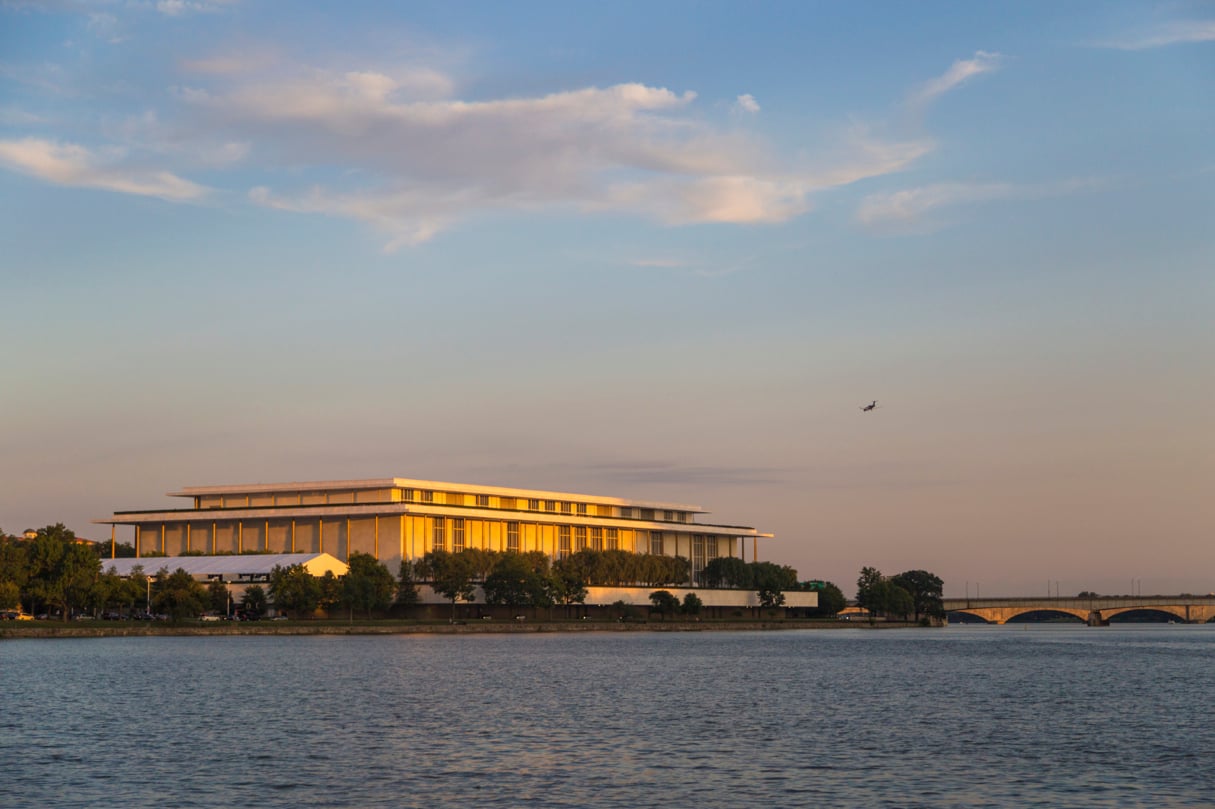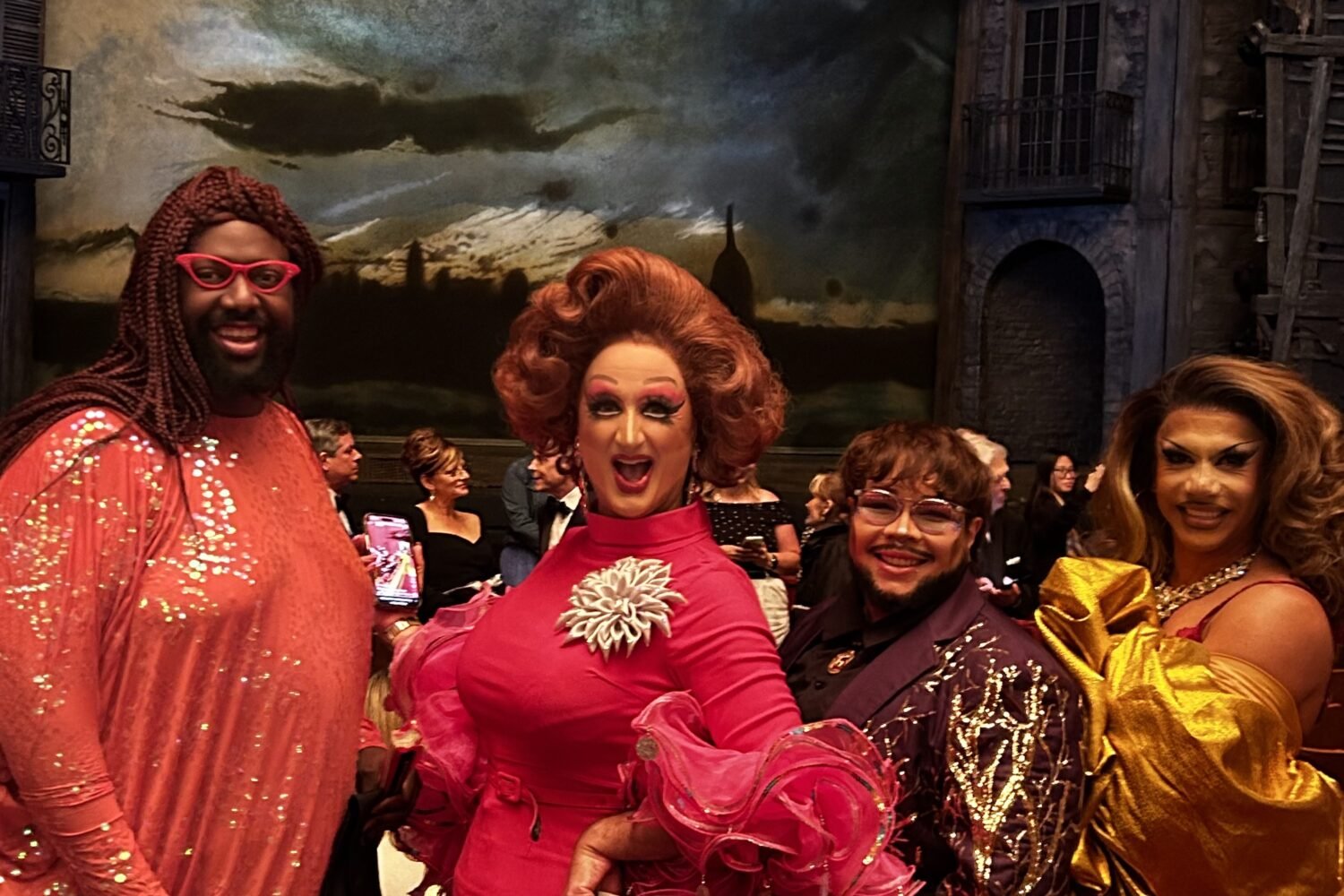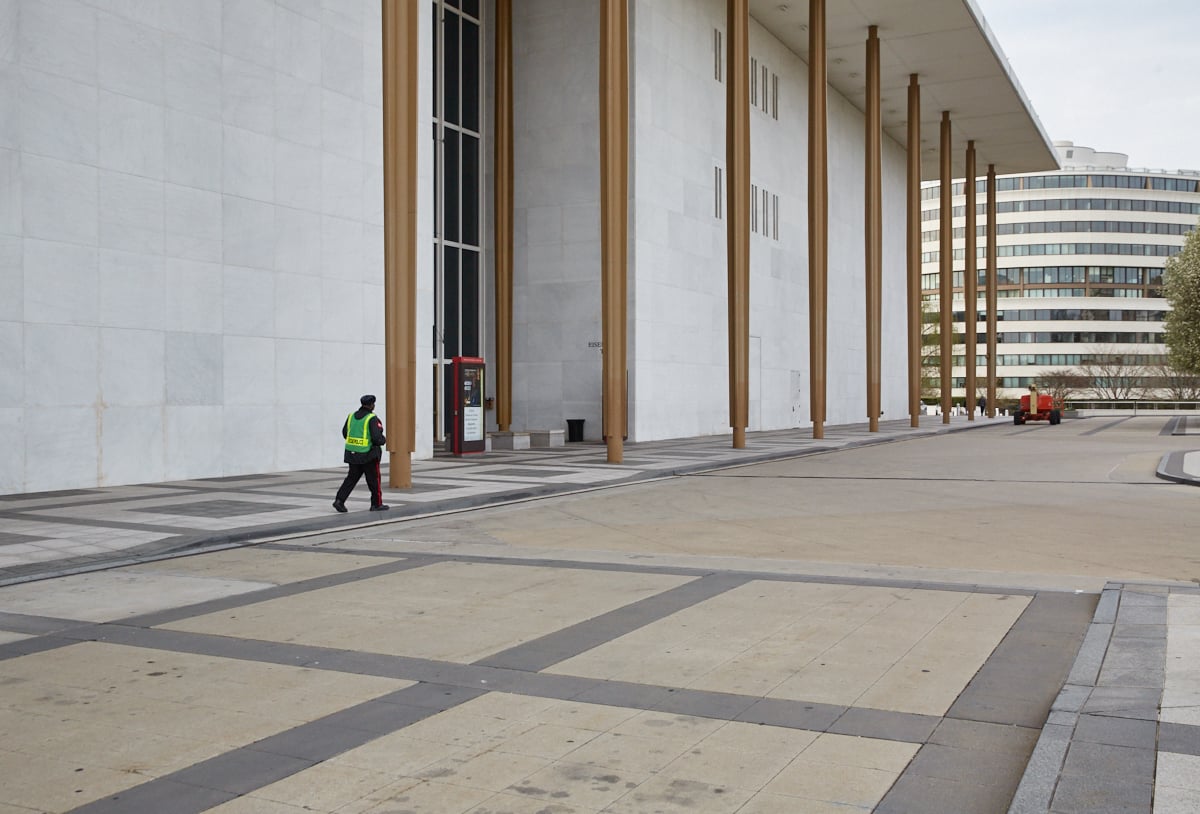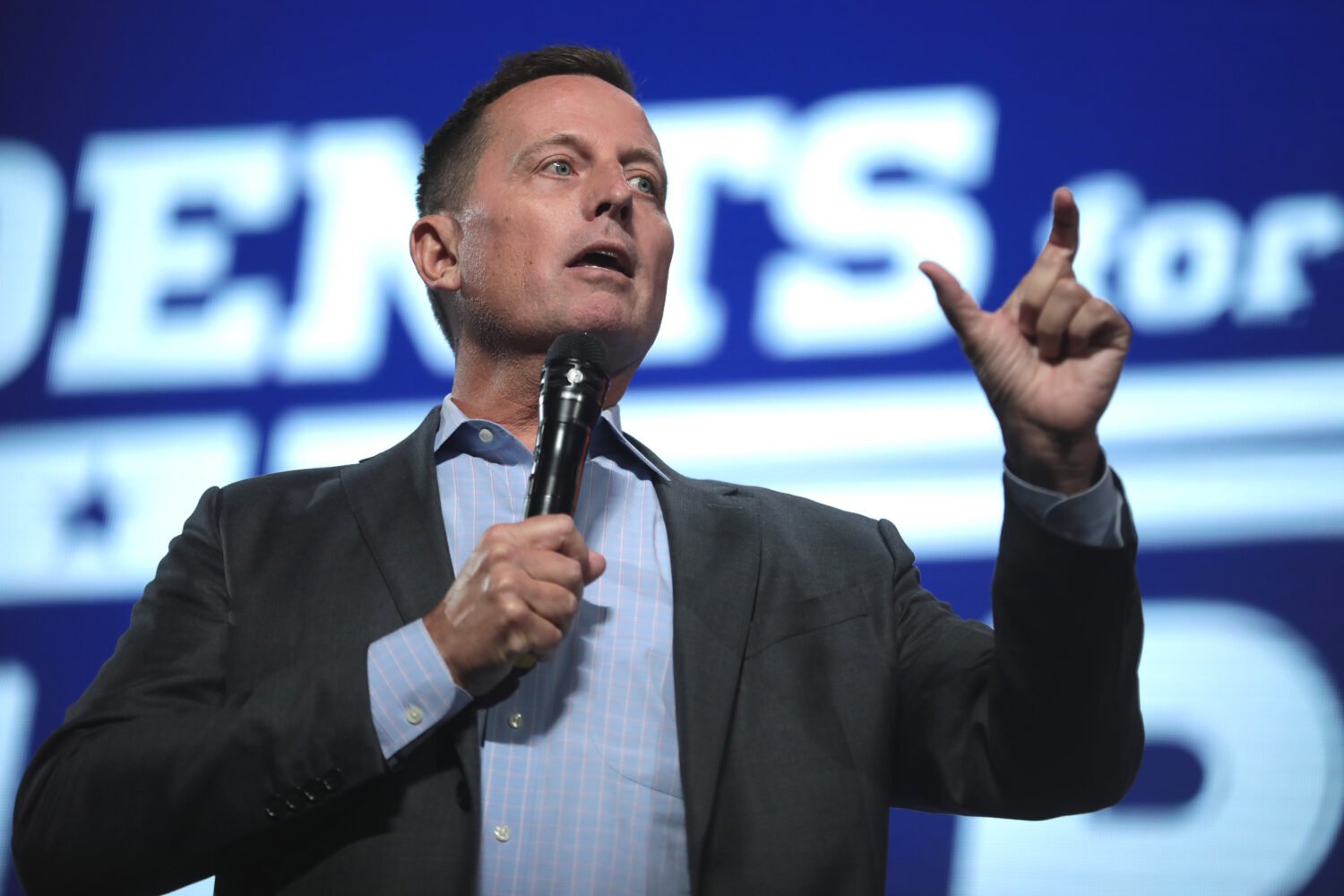In Thursday’s edition of the Washington Post, drama critic Peter Marks got to write what so many writers who cover DC’s theater scene have longed to: Shear Madness, the audience-participation, pop-reference-heavy comedy that has been the sole occupant of the Kennedy Center’s so-called Theater Lab since 1987, is finally going to have to share the space, and maybe even leave for good.
The Kennedy Center’s decision to finally reassess Shear Madness‘s perch comes with the announcement of an ambitious comedy lineup planned for 2016 that will include shows by big-name standups including Tracy Morgan, Jane Lynch, Norm Macdonald, and Dick Gregory, as well as newer acts like Colleen Ballinger, who is taking her YouTube character Miranda Sings live.
While the individual comedians will perform on the Kennedy Center’s other stages, Marks reports, Shear Madness will get bumped next summer for a production by Chicago’s Second City. And he also reports that Kennedy Center President Deborah Rutter is considering evicting the show entirely.
If Rutter really wants to win critical adoration in her first year on the job, there might not be a smarter move to make than removing Shear Madness from the premises and reverting the Theater Lab to the function suggested by its name—as a venue for intimate, experimental productions, and not a permanent home for the localized version of a lame whodunit that relies on dated jokes and aging stereotypes.
Shear Madness originated in 1976 as dinner theater in Lake George, New York. The show—about a murder above a hair salon committed by a character of the audience’s choosing—started a Boston production in 1980 and extended to the Kennedy Center in 1987. It got cold reviews from DC’s theater critics for its unfunny local references and bad gay stereotypes, save Arch Campbell, who told WRC-TV viewers it was “the most fun I’ve ever had at the Kennedy Center,” a billboard blurb that lives on in perpetuity.
These days, it’s seen mostly by tour groups, rakes in $600,000 a year in ticket sales, and provides a rare handful of steady, Equity-scale jobs for DC actors. The punch lines, which are periodically updated to reflect current events, are cruise-ship-caliber zingers broad enough so that any out-of-towner gets the joke. Unlike Shear Madness‘s other productions—Boston, Chicago, Albany—the Kennedy Center version is not actually that local; tourist audiences are much more likely to get jokes about presidential campaigns than Washington geography.
But the biggest gripe against the show remains its monopolization of a venue whose name implies experimentation, with Marks himself holding one of the strongest grudges.
“It’s called the Theater Lab, for God’s sake,” he told me for an oral history of Shear Madness in 2011, when the show was 24 years old. “It’s like if the Louvre had a permanent collection of clowns on velvet. I don’t think there’s another institution of its caliber in the world that does this.”
Studio Theatre founder Joy Zinoman called the Kennedy Center’s devotion of one of its spaces to one show for a quarter-century “untenable.” Marks told me “Washington should hang its head in shame” that Shear Madness is the city’s longest-running theater production.
But Marks also reports today that Shear Madness‘s fate won’t be determined until Kennedy Center executives meet with the show’s producers in December. Still, even a bit of movement in the Theater Lab’s calendar should be very encouraging. The space screams out to be used for different types of performances, whether its a visiting improv troupe or one of Washington’s small theater companies that don’t have permanent homes.
And if it’s any additional evidence that it’s time for Shear Madness to pack it up, even the people who lead the visiting throngs to the Theater Lab every week are sick of it. Tour guide Tim Krepp says he’s seen it dozens of times, but he can’t even be paid to sit through another performance when he takes his groups to the Kennedy Center. “I don’t [see it] anymore,” he says. “I sit outside and read my book for two hours.”

















